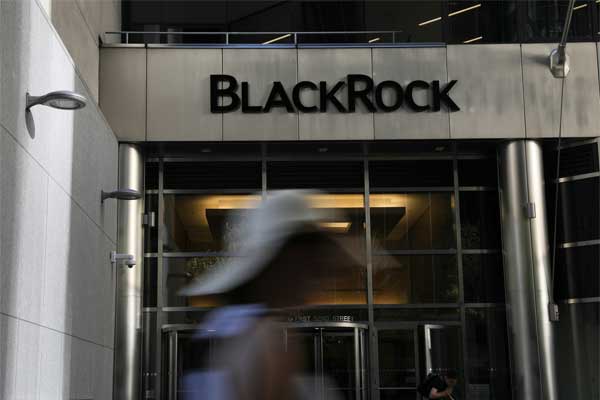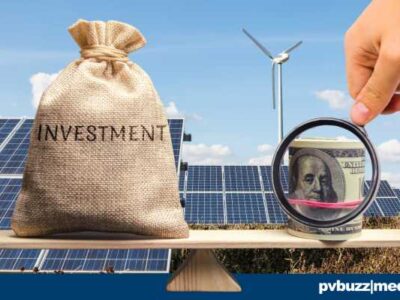According to a recent article, the People’s Party of Denmark, and the emerging solar power industry urged the current government to allow solar and wind energy to play on equal terms with subsidies over the next two years.
Between 2018 & 2019, the new policy will cap subsidies at USD 158 million (1 billion Danish Krones) for renewables. Denmark’s solar industry was pleased with the new legislation.
Fleming Kristen of the Danish Industry Association for Solar Energy said they look forward to the changes as it will encourage solar PV capacity and competition.
Currently, solar energy makes up only 4.2 percent of Denmark’s renewable electricity capacity, with wind energy making up the majority at 71.8 percent, according to Reuters. Estimates from industry analysts say Denmark’s solar PV capacity could reach 2.1 gigawatts by 2025 under, before this legislation.
Managing Partner of Danish renewable energy company Better Energy Michael Vater stated that they support the new policy to accommodate the largest total of green power at the most inexpensive price.
“This gives us a clear incentive to innovate further and work even harder to improve cost-effectiveness,” Vater added.
Meanwhile, the Danish wind industry was disappointed with the announcement.
Leading global wind turbine manufacturer, Vestas, called out the Danish government’s policy to set only 150 million Krones (USD 23.61 million) over the next three years to subsidize test turbines, and 1 billion Krones (USD 158 million) for commercial projects, according to Reuters.
“We are disappointed with the low level of ambition in the agreement reached regarding market volume and test turbines,” a Vestas representative told Reuters on the recent legislation changes.
By 2030, Denmark expects to phase out green energy subsidies as prices continue falling and become competitive with fossil fuels. It’s a trend that’s continuing within other European countries, including the United Kingdom, and Germany.
The new policy in leveling the playing field for Denmark’s solar industry will only enhance the country’s image as a green leader, as other forces are moving the country away from fossil fuels.
Recently, Danish logistics company A.P. Moller-Maersk sold its oil division to French gas giant Total for $7.45 billion, according to a recent article.















Comments